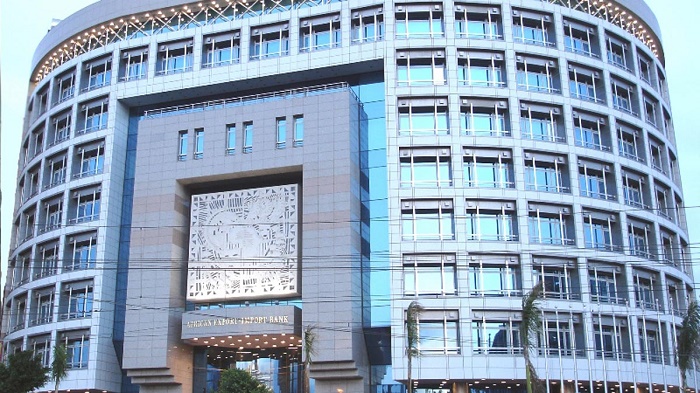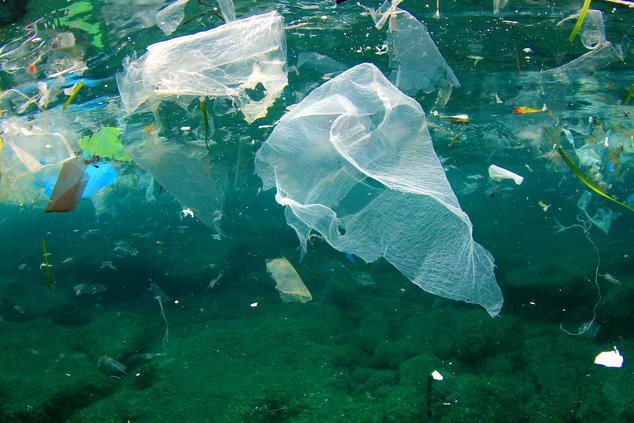
By Kofi Adu Domfeh
African civil society wants the Afrieximbank to invest in clean energy projects that focus on regional integration of the power sector. This, they say, will create economies of scale, permitting for lower costs across all aspects of infrastructure including for power.
The CSOs are concerned the bank’s ongoing support for fossil fuel projects in Africa not only contribute to climate change but also have severe negative impacts on local communities and ecosystems.
Africa is one of the most vulnerable regions to the impacts of climate change, with rural communities already facing the devastating consequences of droughts, floods, and extreme weather events.
“Continued investment in fossil fuel projects only exacerbates these challenges and undermines our efforts to achieve 1.5 degrees climate target and the Sustainable Development Goals,” said the group of CSOs, including Environment Governance Institute, Uganda, Friends of the Earth, Togo, Alliance for Empowering Rural Communities and AbibiNsroma Foundation, Ghana.
According to the Afreximbank’s 2021 Annual Report, between 2020 and 2021 approvals to the oil and gas sector rose from US$2.41 billion in 2020 to US$2.45 billion in 2021, and accounted for 16.4 percent of total approvals.
The CSO’s however say the bank’s support to fossil fuel projects contravenes with Article 2.1(c) of the Paris agreement, which encourages companies to finance projects consistent with a pathway towards low greenhouse gas (GHG) emissions and climate-resilient developments.
“If the investment initially intended for these fossil fuel projects were redirected to solar PV, it could cover more than a quarter of the cost of all Africa’s solar PV capacity additions to 2025.
“It is worth stating that, the fossil fuel projects Afreximbank financed in Nigeria, Mozambique and East Africa have had significant socioeconomic impacts including land grabbing, displacement, loss of livelihoods, increased poverty, and gender-related issues such as teenage pregnancies and gender-based violence; Local conflicts, militarization, and instability; environmental issues like land and water pollution, biodiversity loss, and the disruption of vital ecosystems, which directly undermines the progress towards achieving the Sustainable Development Goals (SDGs), particularly SDGs 1, 5, 8, 10, 14, 15, and 16,” the statement noted.
The CSOs believe that Afrieximbank needs to do more to align the Bank’s investment policies with the goals of the Paris Agreement.
“It is crucial for the Afrieximbank to take a stronger stance against fossil fuel projects and shift its focus towards supporting renewable energy initiatives and sustainable infrastructure development,” they stated.
Africa’s power challenge
The continent is saddled with an energy crisis. Over 640 million Africans have no access to energy, corresponding to an electricity access rate for African countries at just over 40 percent, the lowest in the world. Fossil-fuel based power generation is the single largest source of electricity generation in Africa. However, fossil fuels are the most expensive means for generating electricity, and this is exacerbated by high fuel prices.
In a number of countries, emergency energy solutions, which constitute a large part of installed capacity, also rely mostly on fossil-fuel energy. The costs of emergency generation are in the range of US $0.2 to US $0.3 per kWh, which is much higher than the cost of conventional generation.
Meanwhile, Africa’s energy potential, especially renewable energy, is enormous, yet only a fraction of it is being currently employed. Hydropower provides around a fifth of current capacity but not even a tenth of its total potential is being utilized. Similarly, the technical potential of solar, biomass, wind and geothermal energy is significant.
Africa is home to 60% of the best solar resources globally, yet only 1% of installed solar PV capacity. Solar PV – already the cheapest source of power in many parts of Africa – outcompetes all sources continent wide by 2030. Renewables, including solar, wind, hydropower and geothermal account for over 80% of new power generation capacity by 2030 in Africa.
Signing the Glasgow Statement
While the civil society organisations in Africa appreciate Afreximbank’s efforts in accelerating trade and investments across Africa through financial boosts and making the continent competitive in world trade, the bank is urged to put a stop to supporting to fossil fuel projects which pose threat to environmental conservation, human rights and sustainable energy transition on the continent.
“We want the Afrieximbank to take a cue from the African Development Bank (AfDB) for its commitment to green and sustainable development in Africa. The recent launch of the African Green Financial Initiative demonstrates the Bank’s recognition of the urgent need to transition towards renewable energy and low-carbon development pathways. We believe the Afrieximbank can do the same,” they urged.
The CSOs have therefore urged Prof. Benedict Okey Oramah, Chairman of the Afieximbank, to sign the Glasgow Statement and join other financial institutions in committing to end support for fossil fuel projects. The Glasgow Statement, spearheaded by the Friends of Fossil Fuel Subsidy Reform, calls for a global effort to phase out subsidies and public support for fossil fuels by 2020.
By signing the Glasgow Statement, the Afrieximbank can send a powerful message to the international community, demonstrating its commitment to a cleaner, safer, and more sustainable Africa. It will also encourage other African financial institutions to take similar steps and accelerate the transition towards a renewable energy future.











